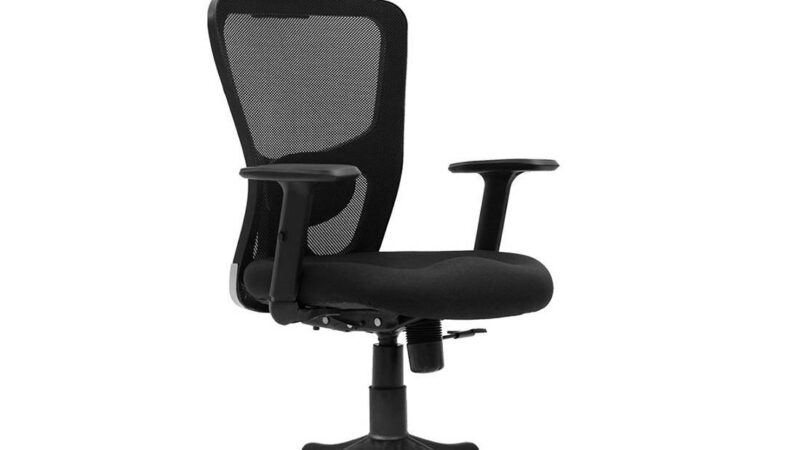Pursuing a Bachelor’s Degree in Australia: A Complete Guide
Australia has emerged as one of the most sought-after destinations for higher education. Its high-quality universities, diverse culture, and picturesque landscapes attract students from all corners of the world. For those considering a bachelor’s degree Australia offers an enriching academic experience coupled with global exposure.
Why Choose Australia for a Bachelor’s Degree?
Australian universities are globally recognized for their innovative teaching methods and strong emphasis on research. The country boasts a high number of institutions ranked among the top in global university rankings. Additionally, Australia’s degrees are recognized worldwide, enhancing graduates’ employability.
The multicultural environment provides a welcoming space for international students, making adaptation easier. Furthermore, the country’s focus on safety and student welfare ensures a comfortable living experience.
Popular Bachelor’s Degree Programs
Australia caters to a wide range of academic interests. Some popular fields include:
- Engineering: Renowned for disciplines like civil, mechanical, and mining engineering, Australian universities emphasize practical training.
- Business and Management: Programs in business administration, finance, and marketing are highly sought after due to their industry relevance.
- Health Sciences: Medicine, nursing, and public health programs attract students looking to work in healthcare.
- IT and Computer Science: With Australia’s growing tech industry, IT courses provide cutting-edge knowledge and skills.
- Arts and Humanities: Creative fields like literature, media studies, and fine arts flourish in Australia’s vibrant cultural environment.
Top Universities for Bachelor’s Degrees in Australia
- University of Melbourne: Known for its robust academic curriculum and research opportunities.
- Australian National University (ANU): Specializes in research-intensive programs.
- University of Sydney: Offers a comprehensive range of undergraduate programs.
- University of Queensland: Renowned for engineering, medicine, and environmental sciences.
- Monash University: Popular for health sciences and business studies.
Admission Requirements
To apply for a bachelor’s degree, students typically need a high school diploma equivalent to Australia’s Year 12 qualification. Additional requirements may include:
- Proof of English language proficiency (IELTS, TOEFL, or PTE scores).
- Academic transcripts and certificates.
- A personal statement or statement of purpose (SOP).
- Letters of recommendation, depending on the program.
- Some courses, such as arts or design, may require a portfolio.
Cost of Pursuing a Bachelor’s Degree
The tuition fees for undergraduate programs in Australia vary by university and program. On average:
- Tuition fees range between AUD 20,000 to AUD 45,000 per year.
- Additional costs for materials, such as textbooks, may apply.
Living expenses are another factor to consider. Students generally need AUD 20,000 to AUD 25,000 annually to cover accommodation, food, and transportation. Scholarships and part-time job opportunities can help manage these costs.
Scholarships for International Students
Australia offers numerous scholarships to ease the financial burden for international students:
- Australia Awards: Funded by the government, these scholarships cover tuition fees, living expenses, and travel costs.
- Destination Australia Program: Encourages students to study in regional areas by providing financial assistance.
- University-Specific Scholarships: Institutions like the University of Melbourne and Monash University offer merit-based awards.
- Commonwealth Scholarships: Available for students from Commonwealth nations.
Student Visa Process
To study in Australia, international students need a Subclass 500 student visa. The application process includes:
- Acceptance from a recognized Australian university.
- Evidence of financial capacity to support tuition and living expenses.
- Proof of English language proficiency.
- Overseas Student Health Cover (OSHC).
The visa allows students to work up to 48 hours per fortnight during their studies and full-time during breaks, providing an opportunity to gain practical experience and manage finances.
Post-Graduation Opportunities
After completing a bachelor’s degree, graduates can apply for the Temporary Graduate Visa (Subclass 485), allowing them to work in Australia for up to four years. This is a great pathway for gaining international work experience.
The country’s thriving industries in technology, healthcare, engineering, and finance offer ample job opportunities. Additionally, students can choose to pursue higher studies, such as master’s or doctoral programs, to further enhance their skills.
Life as a Student in Australia
Australia’s vibrant cities like Sydney, Melbourne, Brisbane, and Perth offer a mix of urban sophistication and natural beauty. Students can explore beaches, national parks, and cultural festivals, creating a perfect balance between academics and recreation.
The country’s friendly locals and support networks for international students make the transition smoother. Universities often have dedicated offices to assist with academic, cultural, and personal concerns.
Conclusion
A bachelor’s degree in Australia is more than just an academic achievement; it’s a transformative experience that prepares students for a global career. From world-class education to an inclusive environment, Australia stands out as an excellent choice for undergraduate studies.
If you’re ready to take the leap, start by researching your preferred courses and universities. Embarking on this journey can open doors to a world of opportunities.


